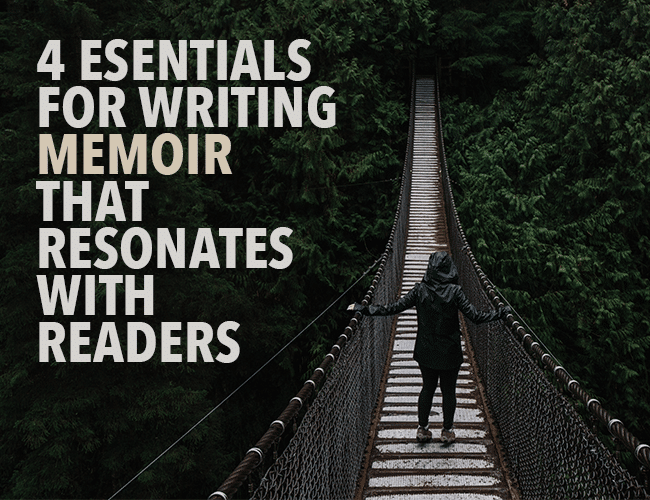
by Guest Blogger |
How do you write memoir and tell a story that is compelling to you, but might not be to your reader?
Boredom is death for a writer and must be avoided at all cost. When writing memoir, the facts of a person’s life will fall short if that’s all you have to offer. You need something more if you want the story to come to life in the heart, mind, and imagination of the reader.
by Liz Bureman |
I love words. A lot of us get into writing because we love words. We love words strung together in sentences; we love that those sentences blend to form an amazing story that we immerse ourselves in. Sometimes it’s just the sound of the word that enraptures us, or maybe it’s two words put together that, when combined, are the epitome of sonic euphoria. When that happens, we experience euphony.

by Liz Bureman |
I have a soft spot for sarcasm. This is probably no surprise to anyone who has been following the Write Practice since the early days, but I often say that the primary love language of my family is sarcasm. It’s nothing too cutting; we understand where the line between sarcastic and downright hurtful is. This is probably why I love the word “snark” as much as I do. Fun fact: snark is a portmanteau of “snide remark”, which is one hundred percent the best definition of snark.

by Joe Bunting |
Are you intentionally using complex, that is, ‘refined’ vocabulary in your writing? Is it because you feel it sounds better, sophisticated, cultured?
For quite some time now, my observations of the style of proclaimed authors indicate they use simple vocabulary. Yet, even though their choice of words is rather simple, the thoughts they are expressing and the way of expression they use is what makes their writing special.

by Katie Axelson |
Two simple things required of all writers in order to find their voice.

by Joe Bunting |
I asked Ted Dekker how long it takes for an author to find their voice.
“It takes four to five novels,” he said. So if the average novel is about 80,000 words, then you have to write 320,000 to 400,000 words before you find your voice.




